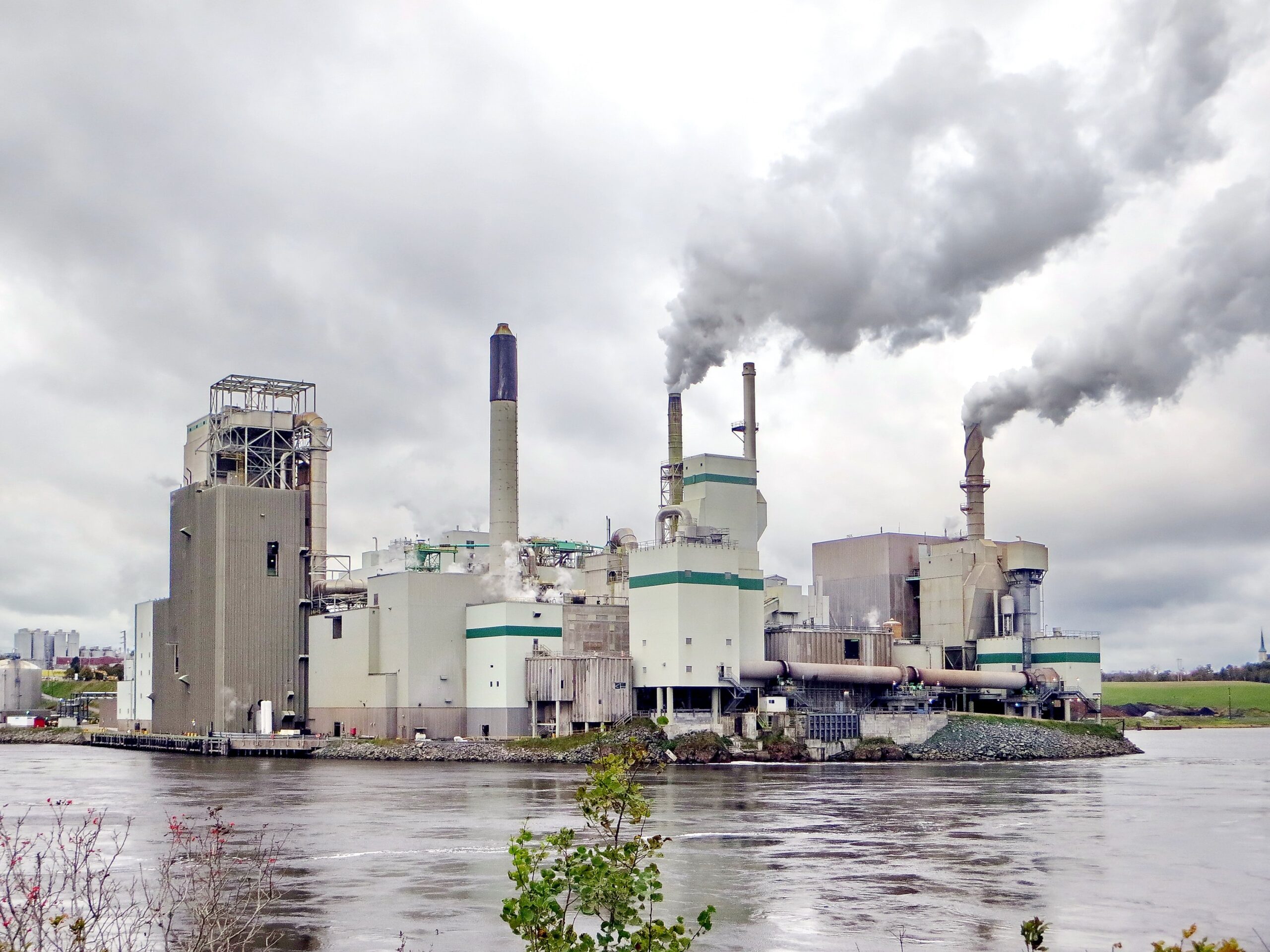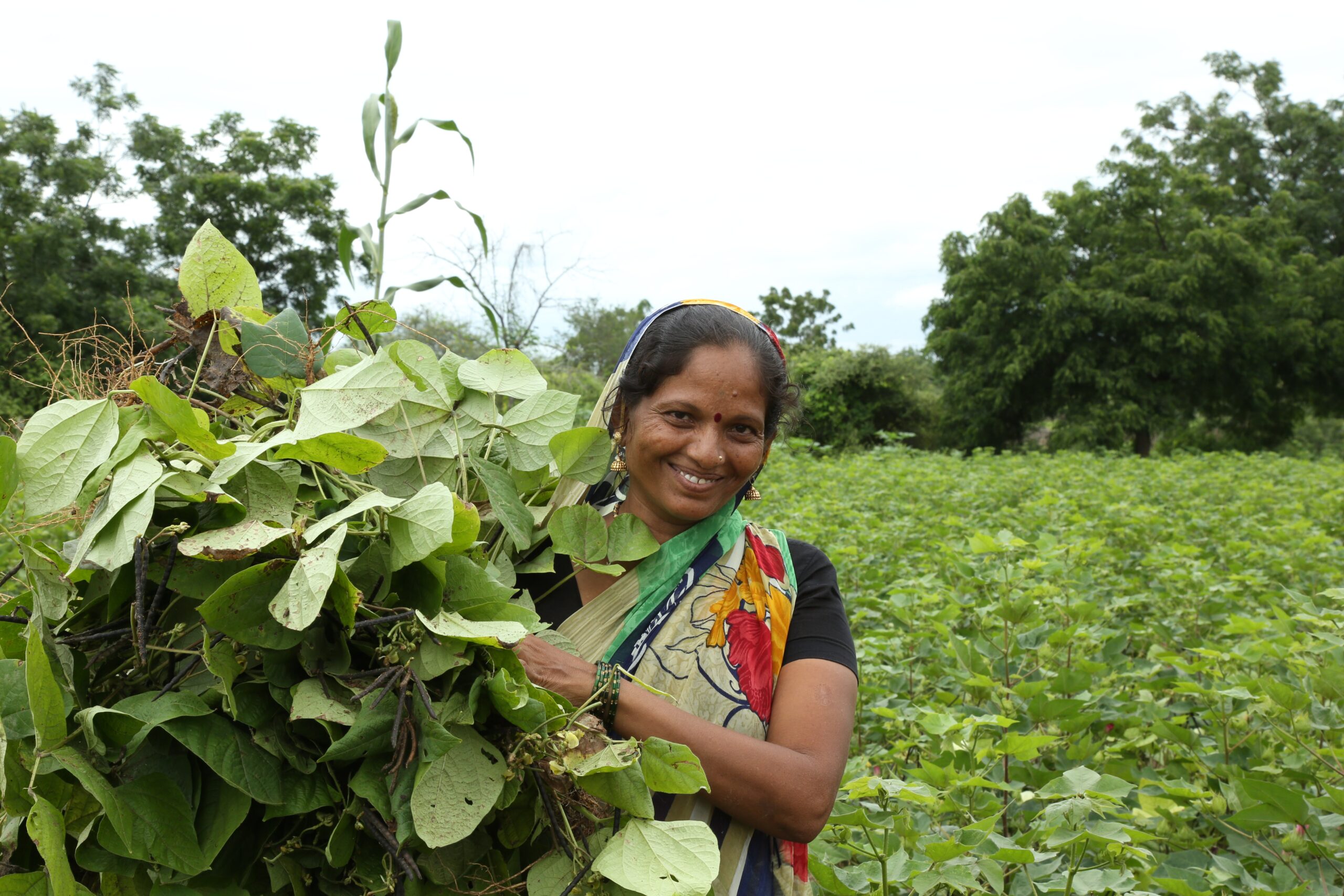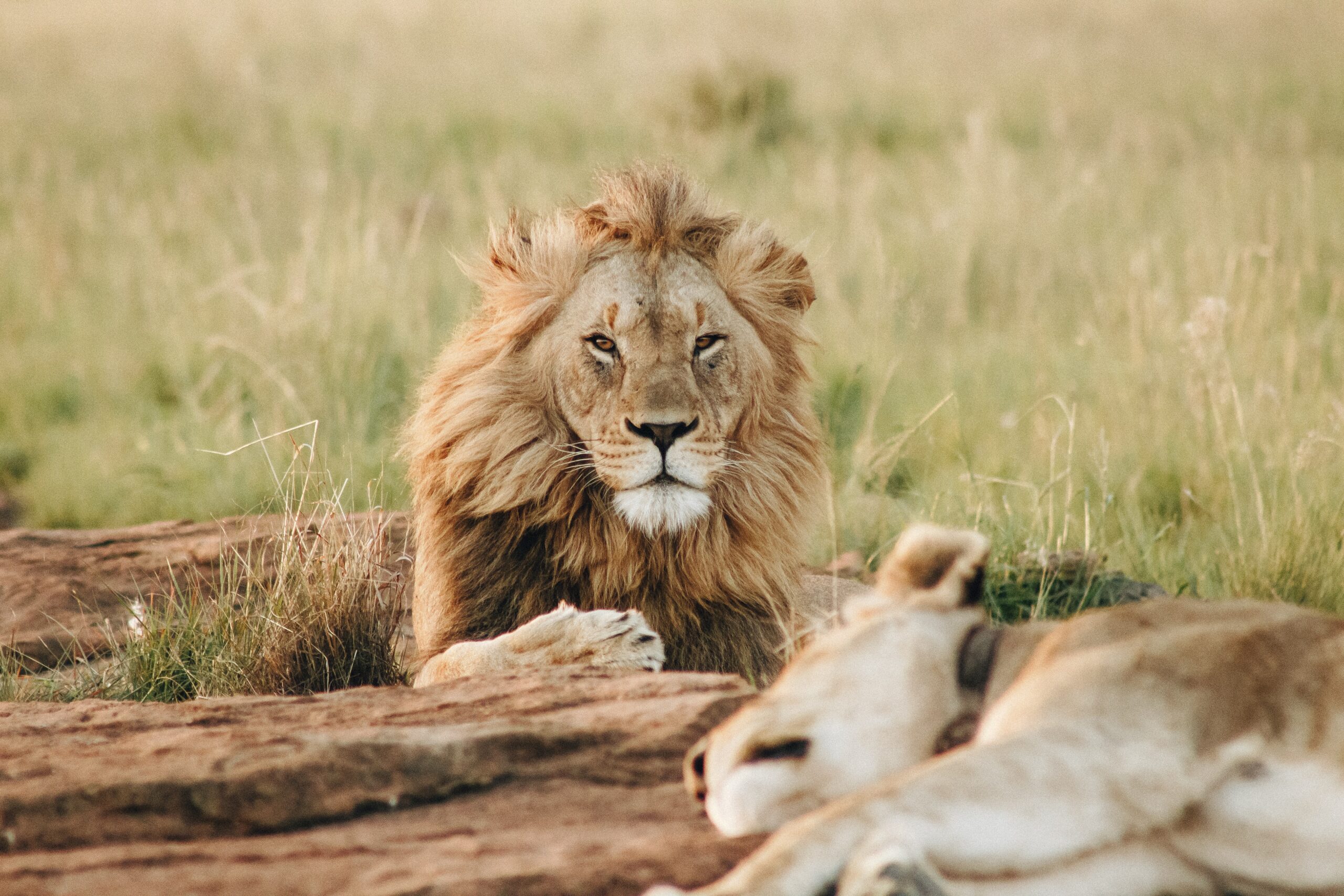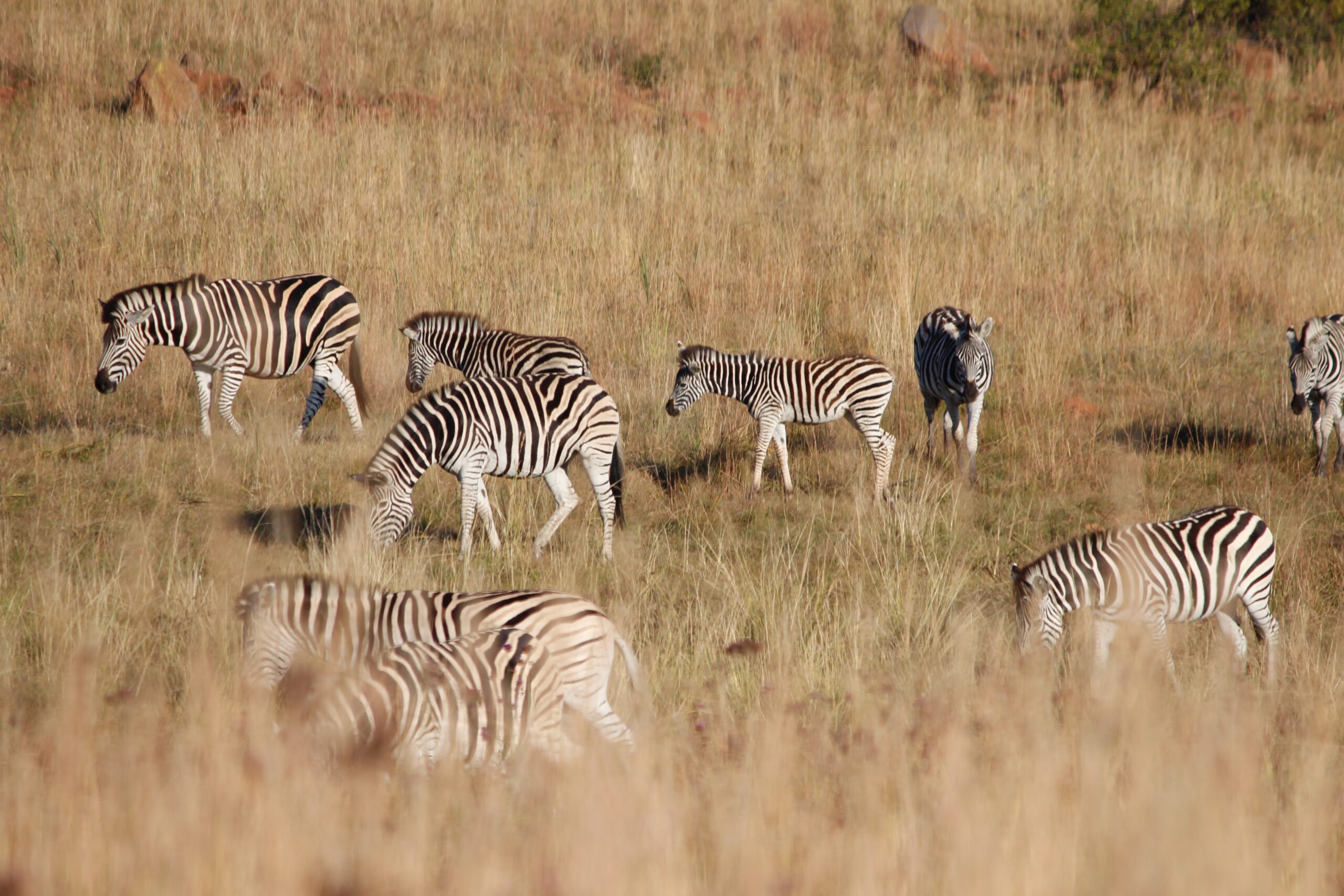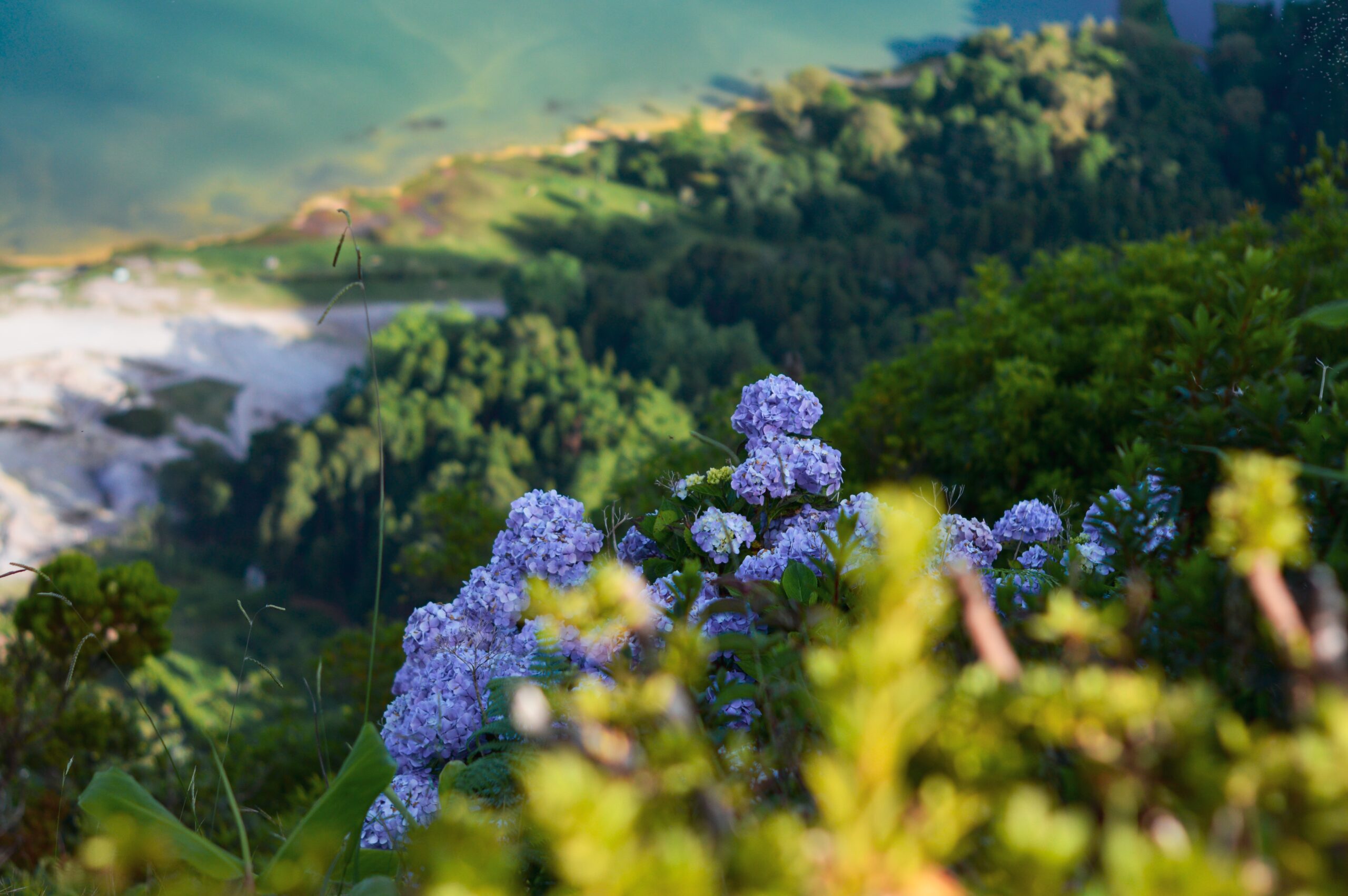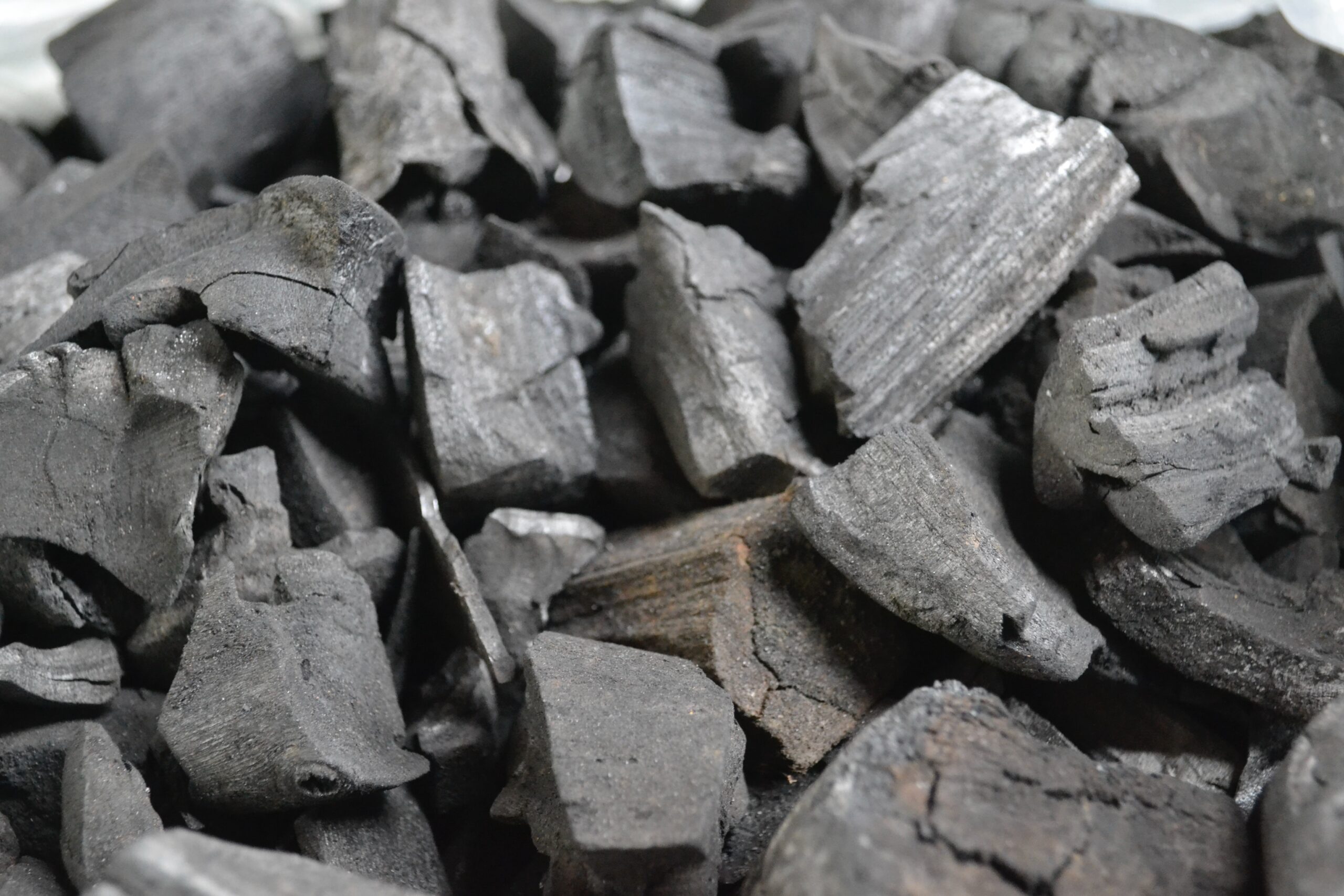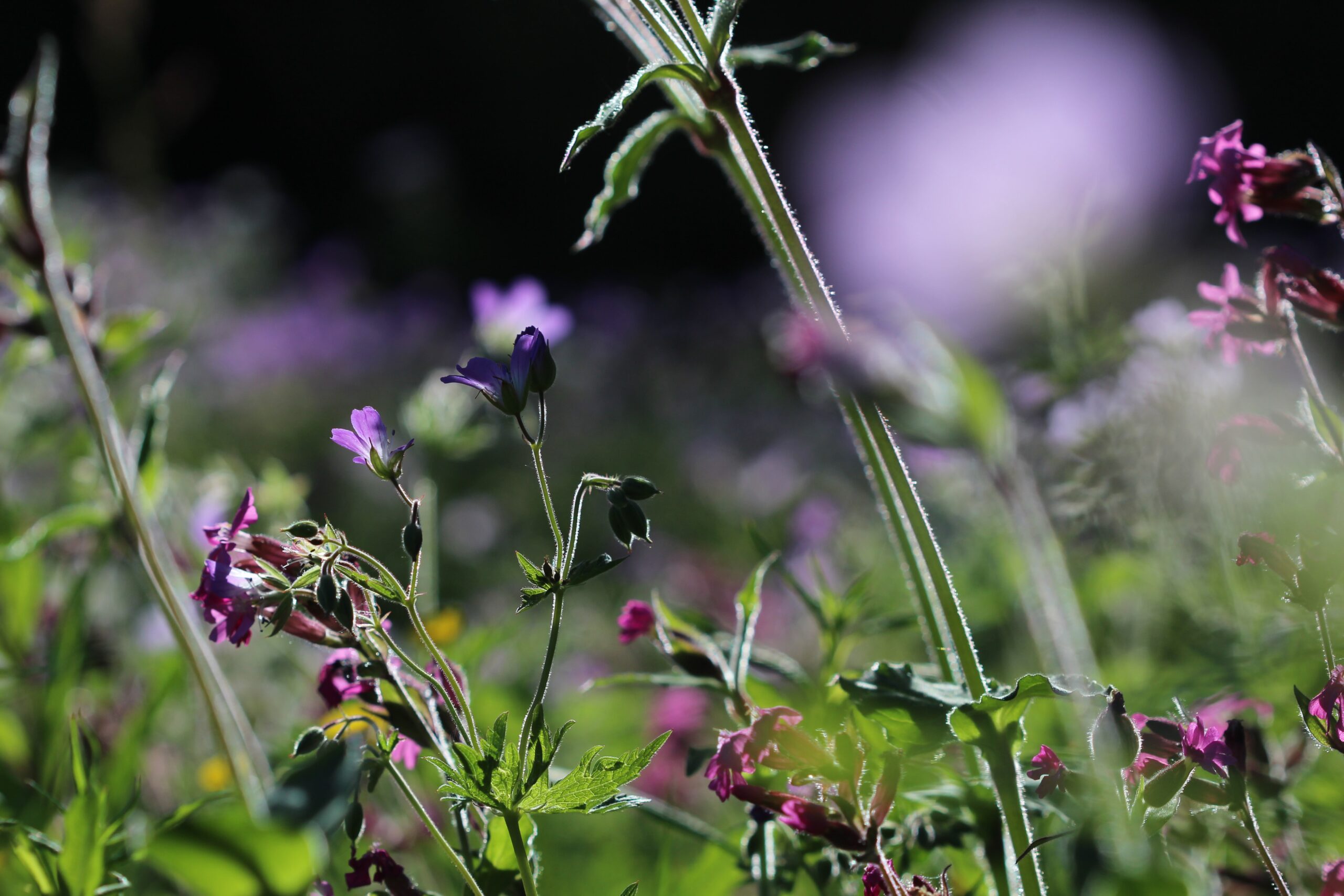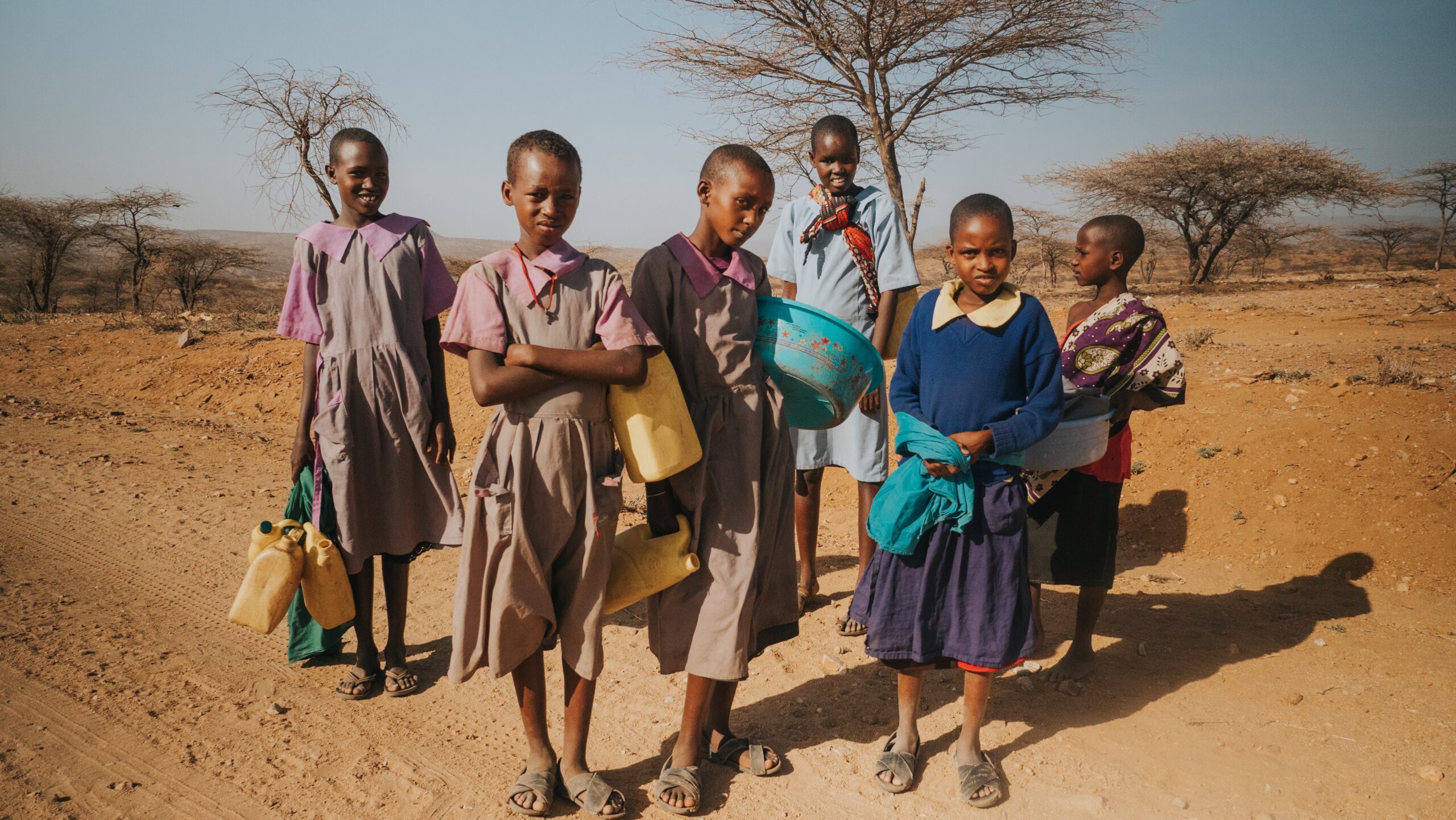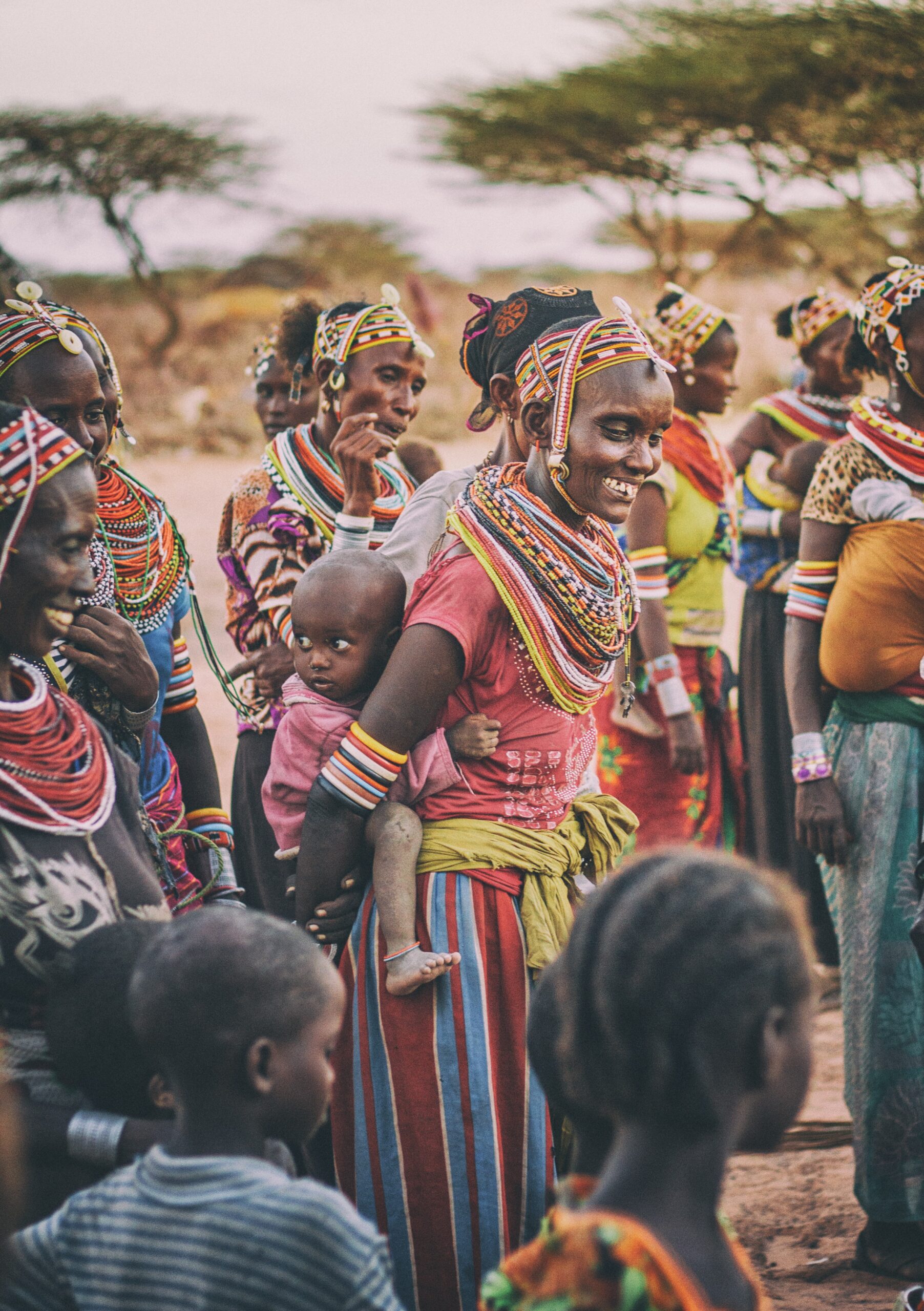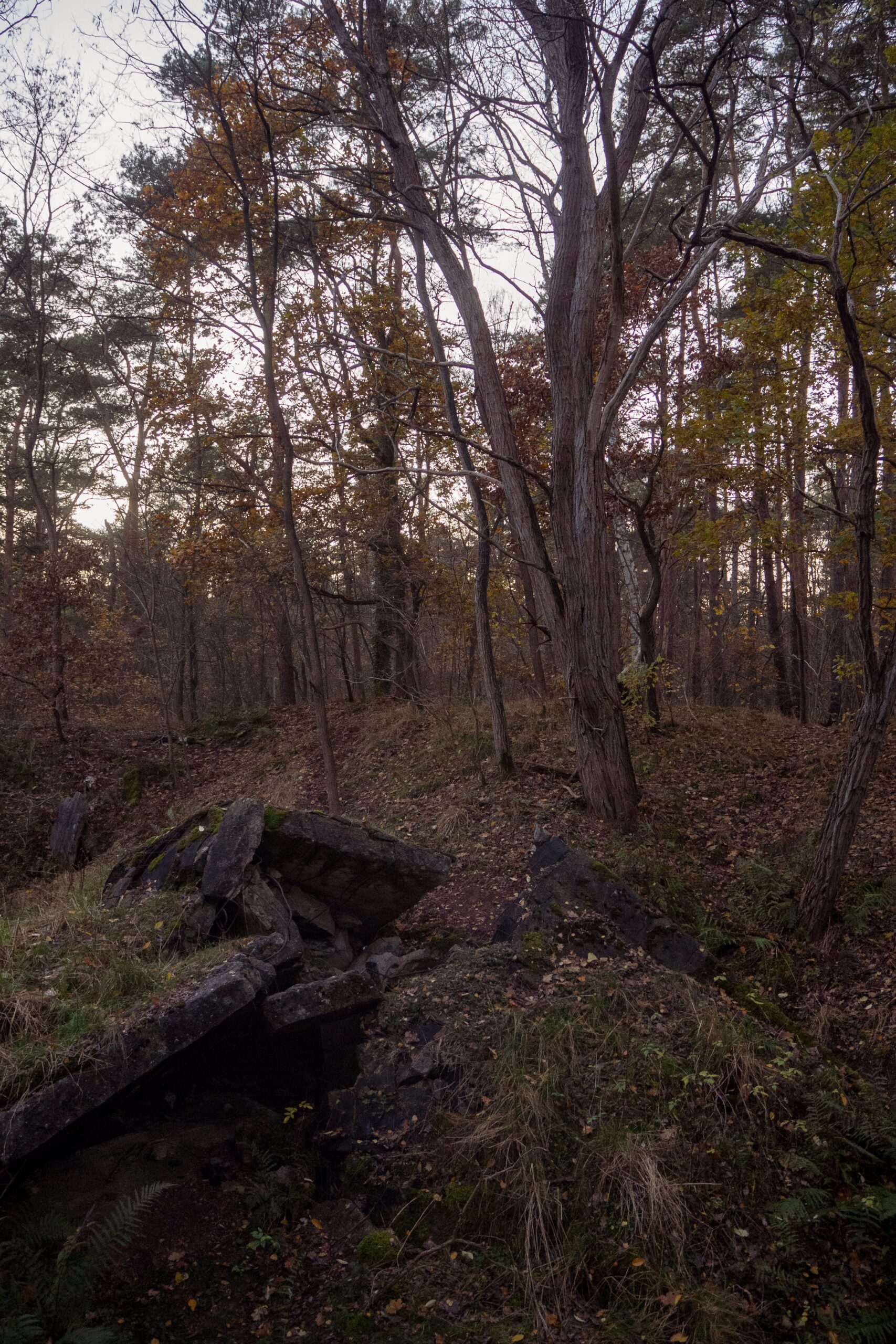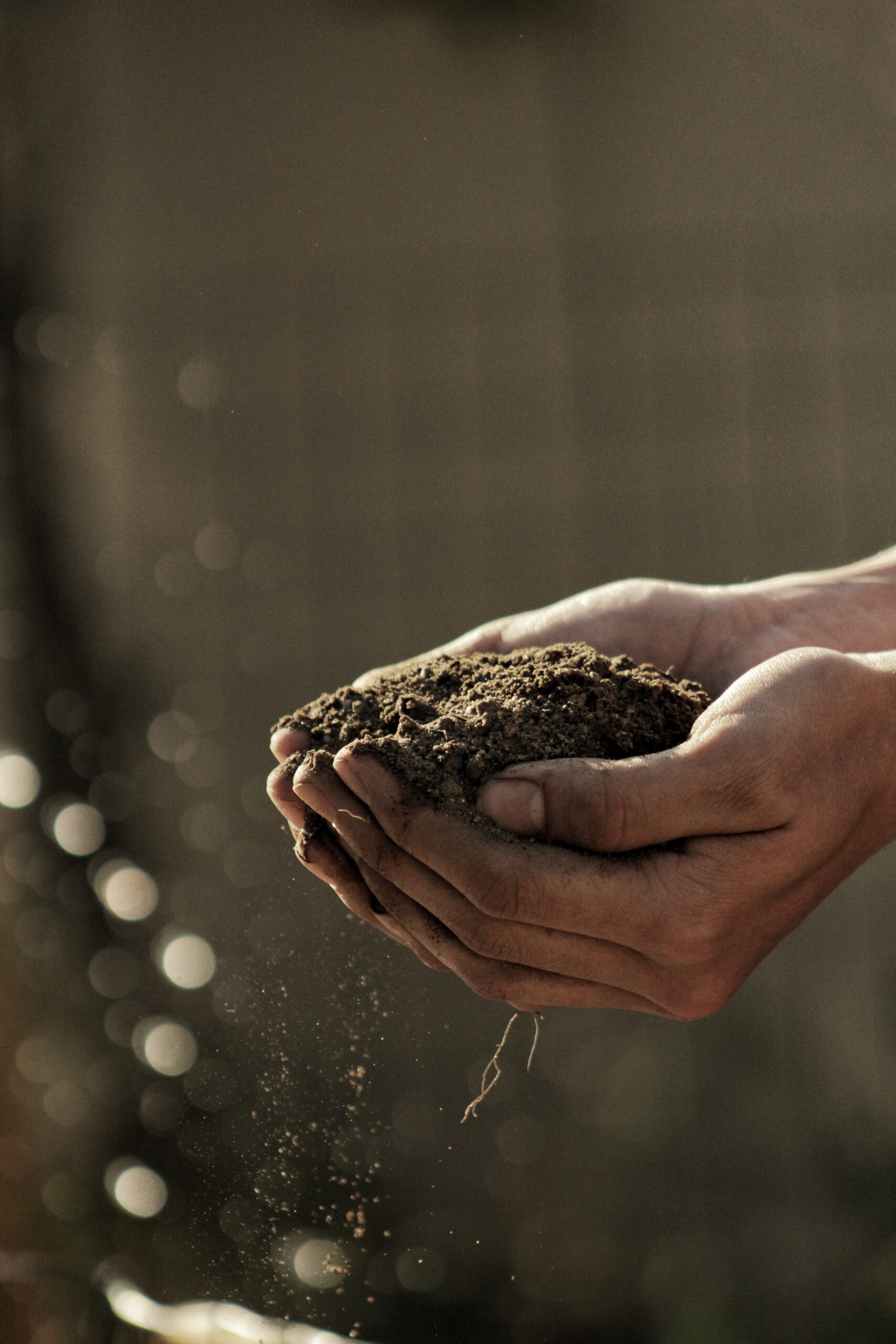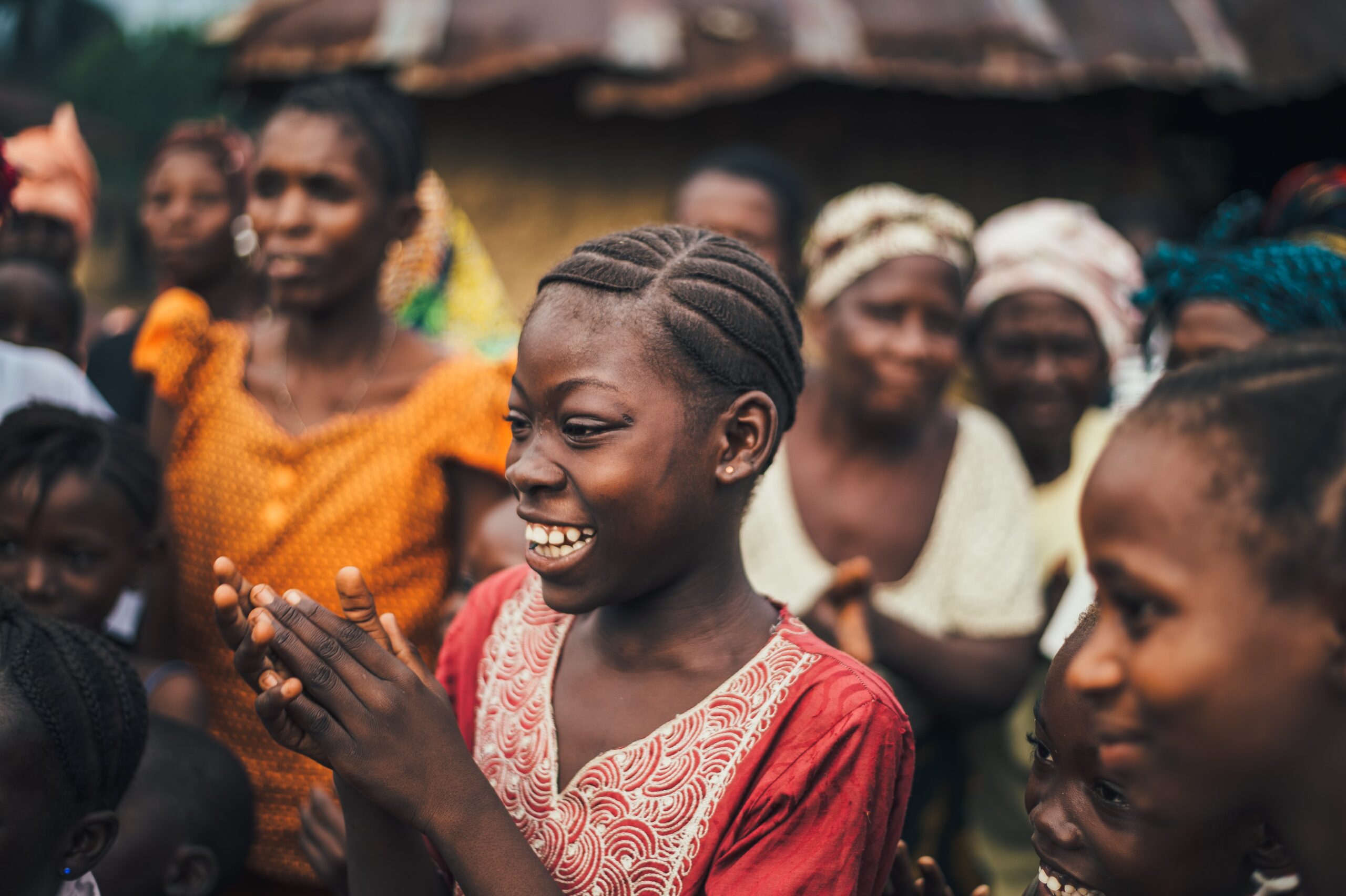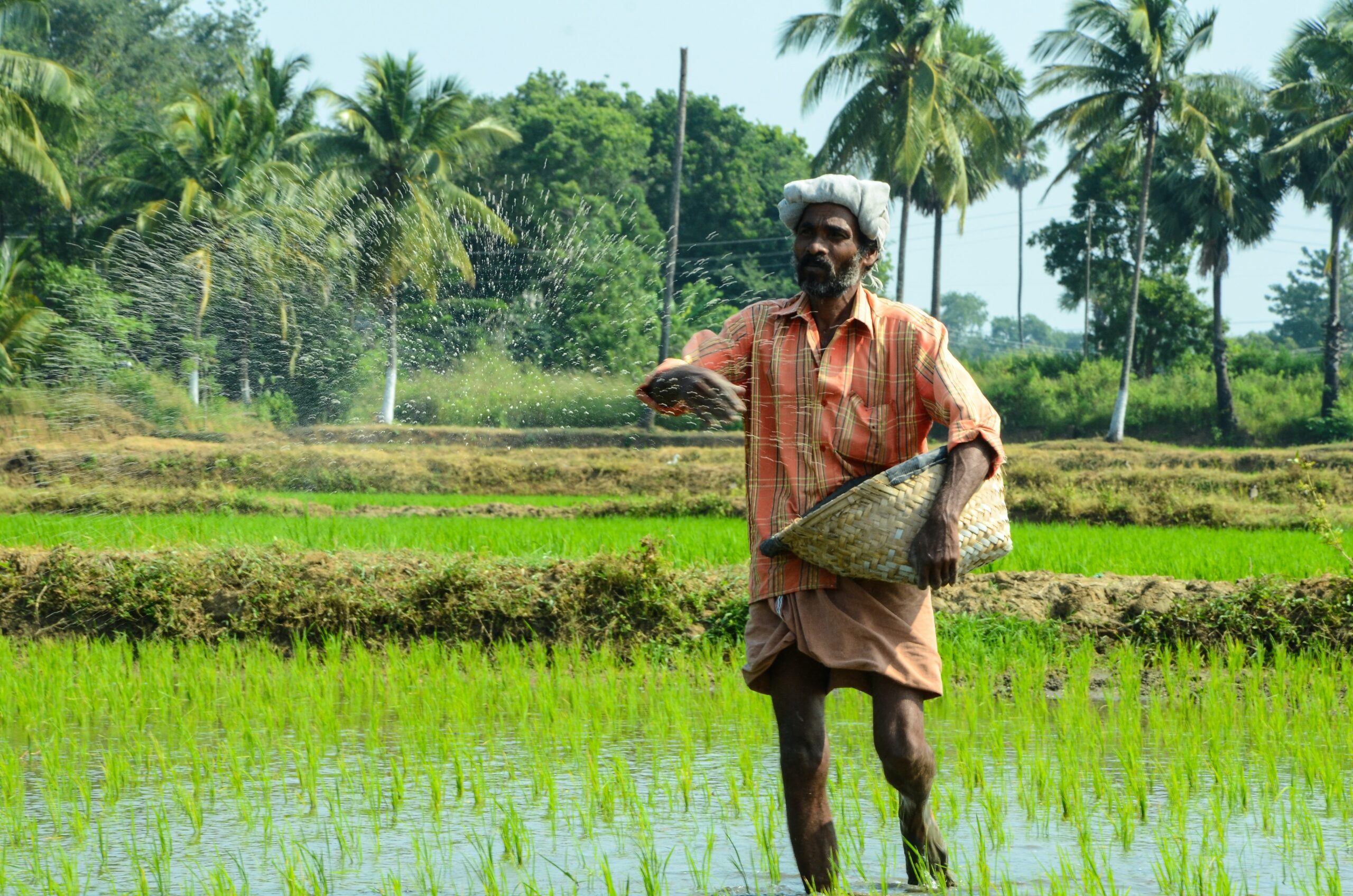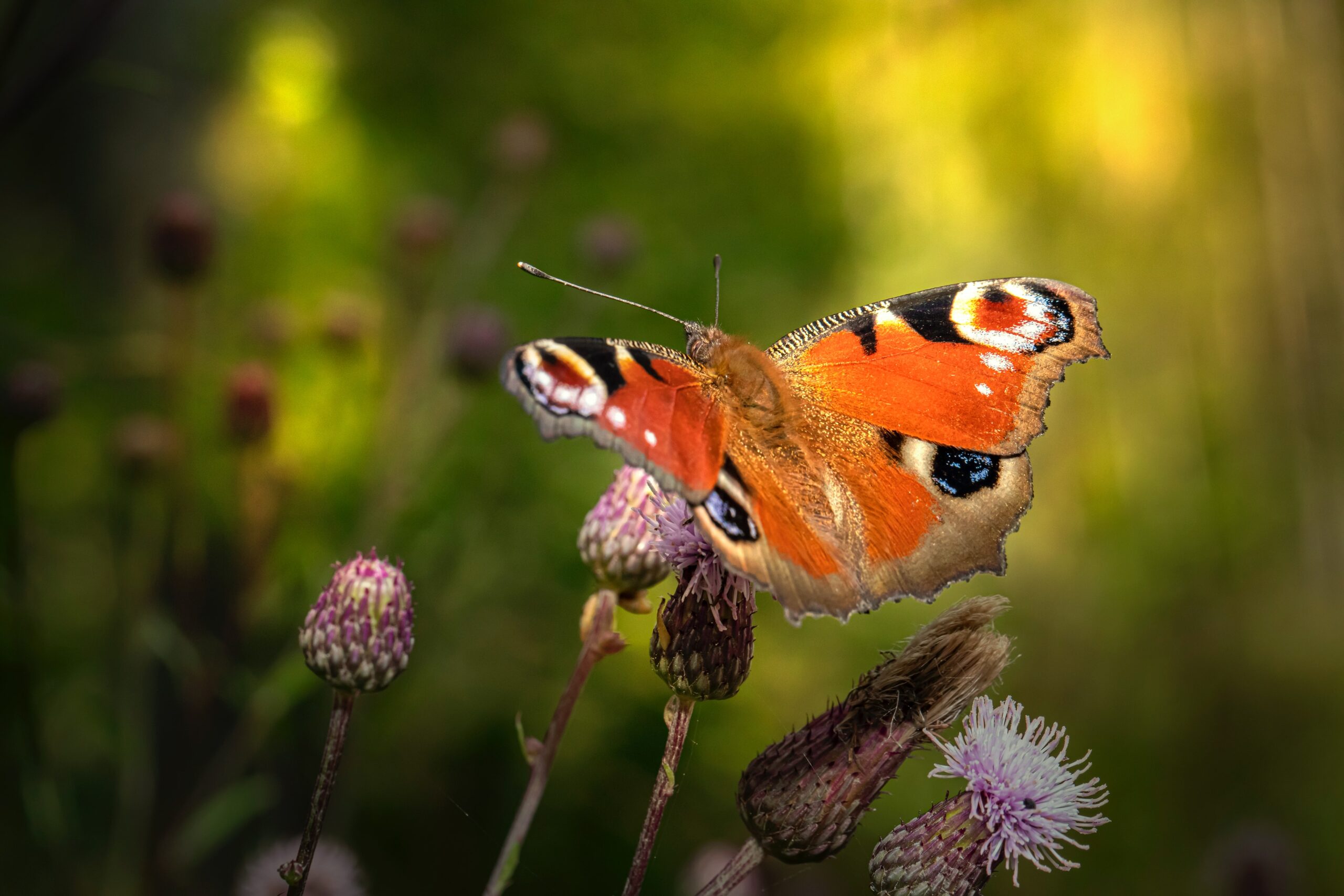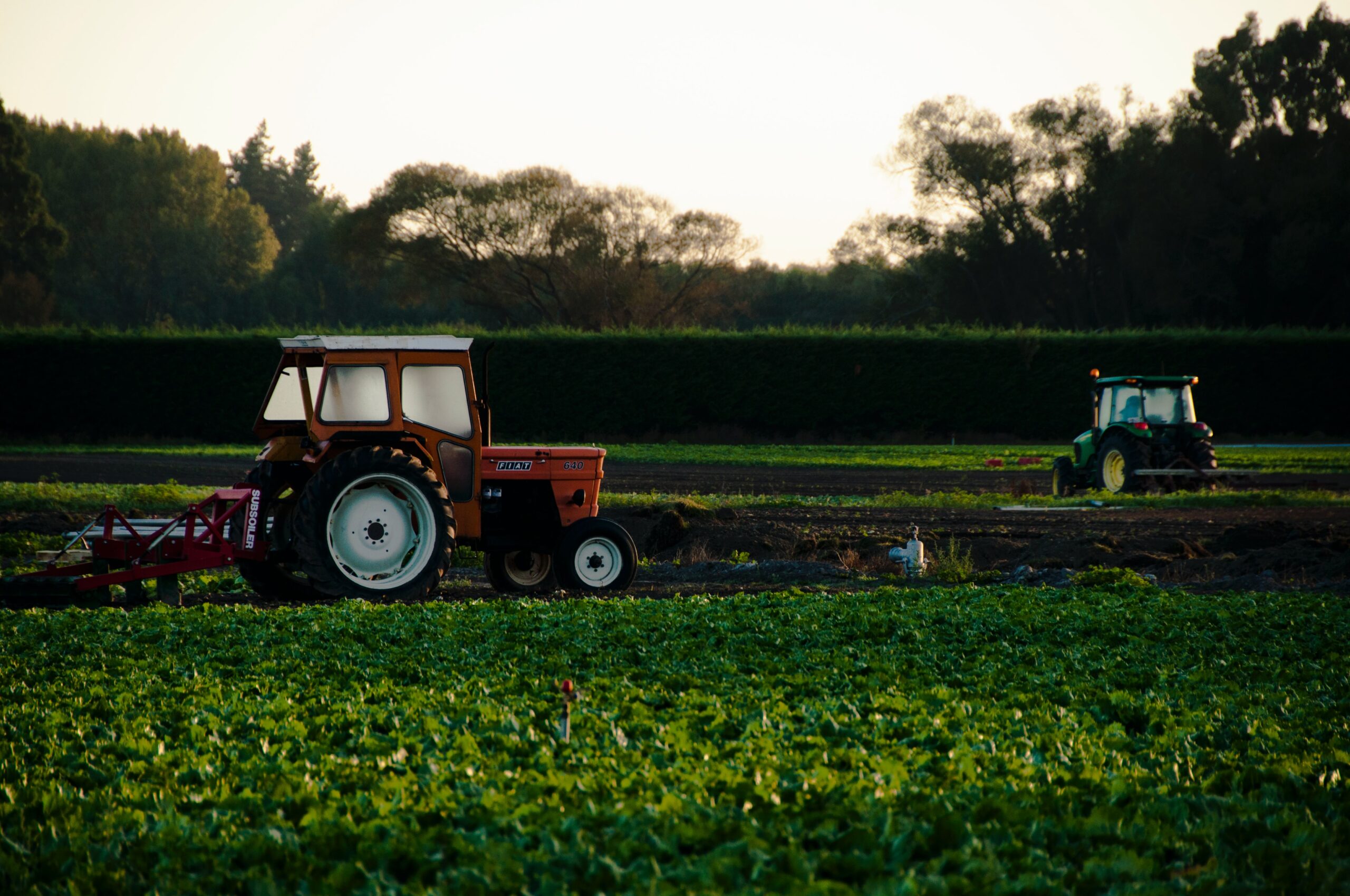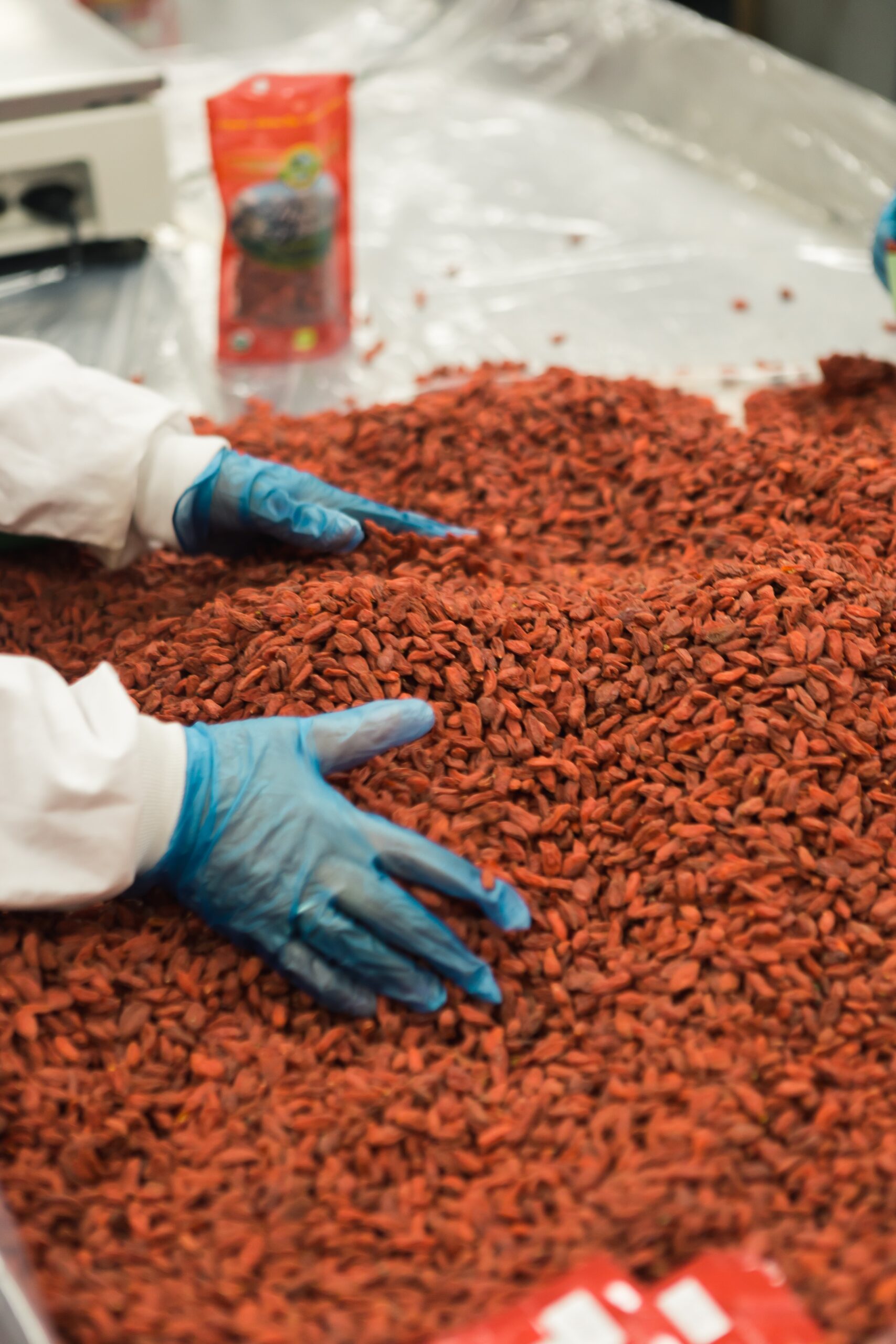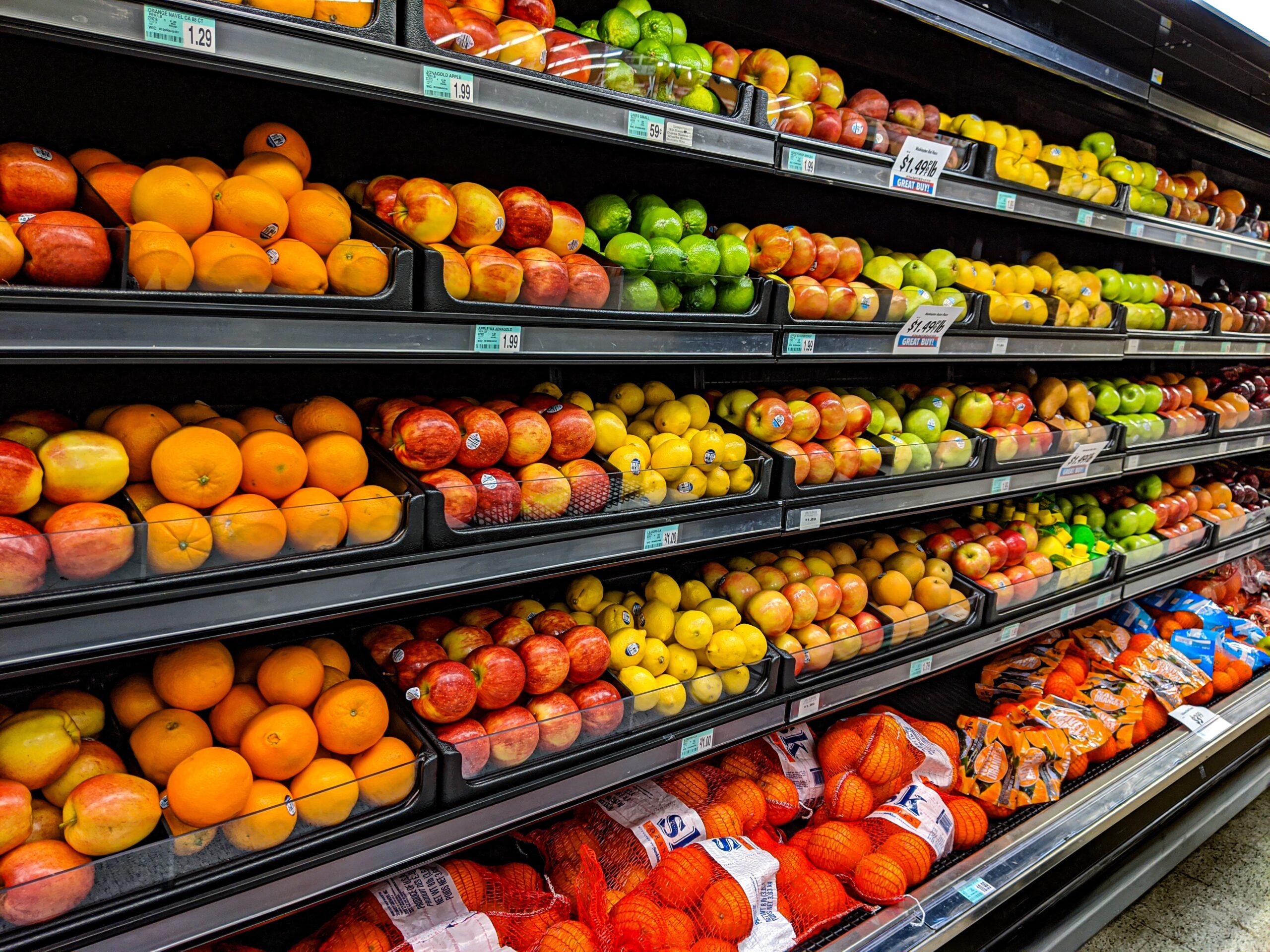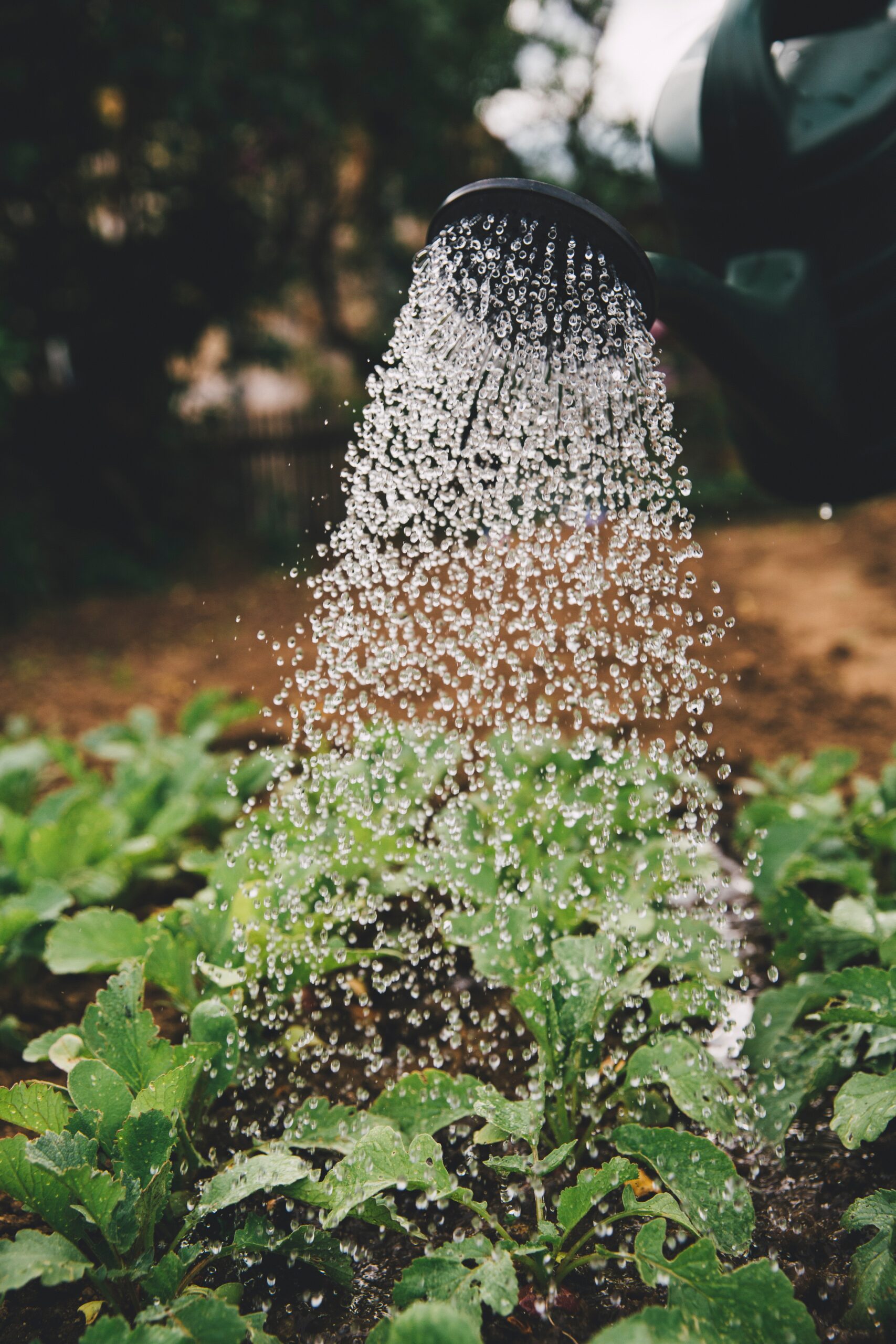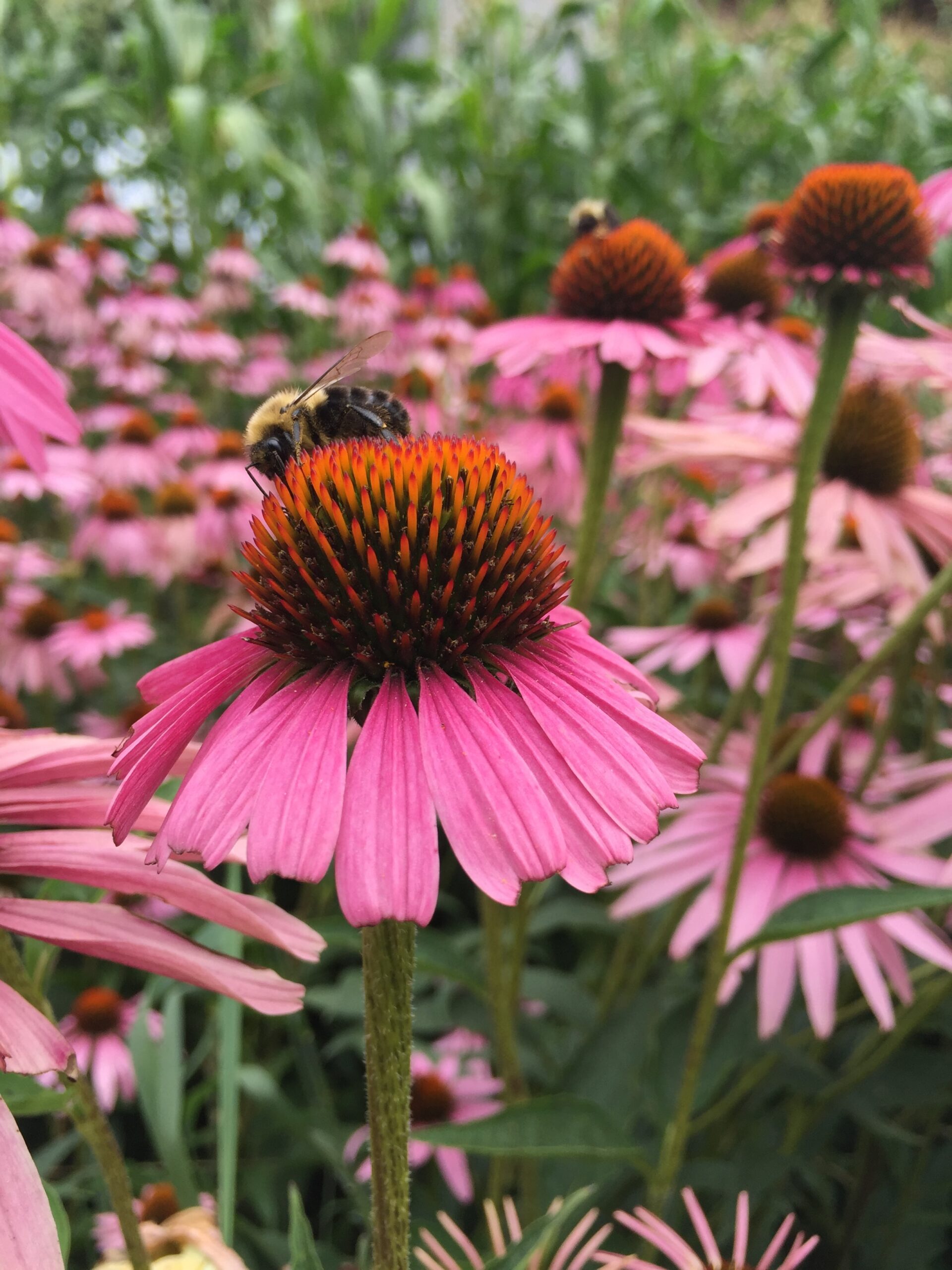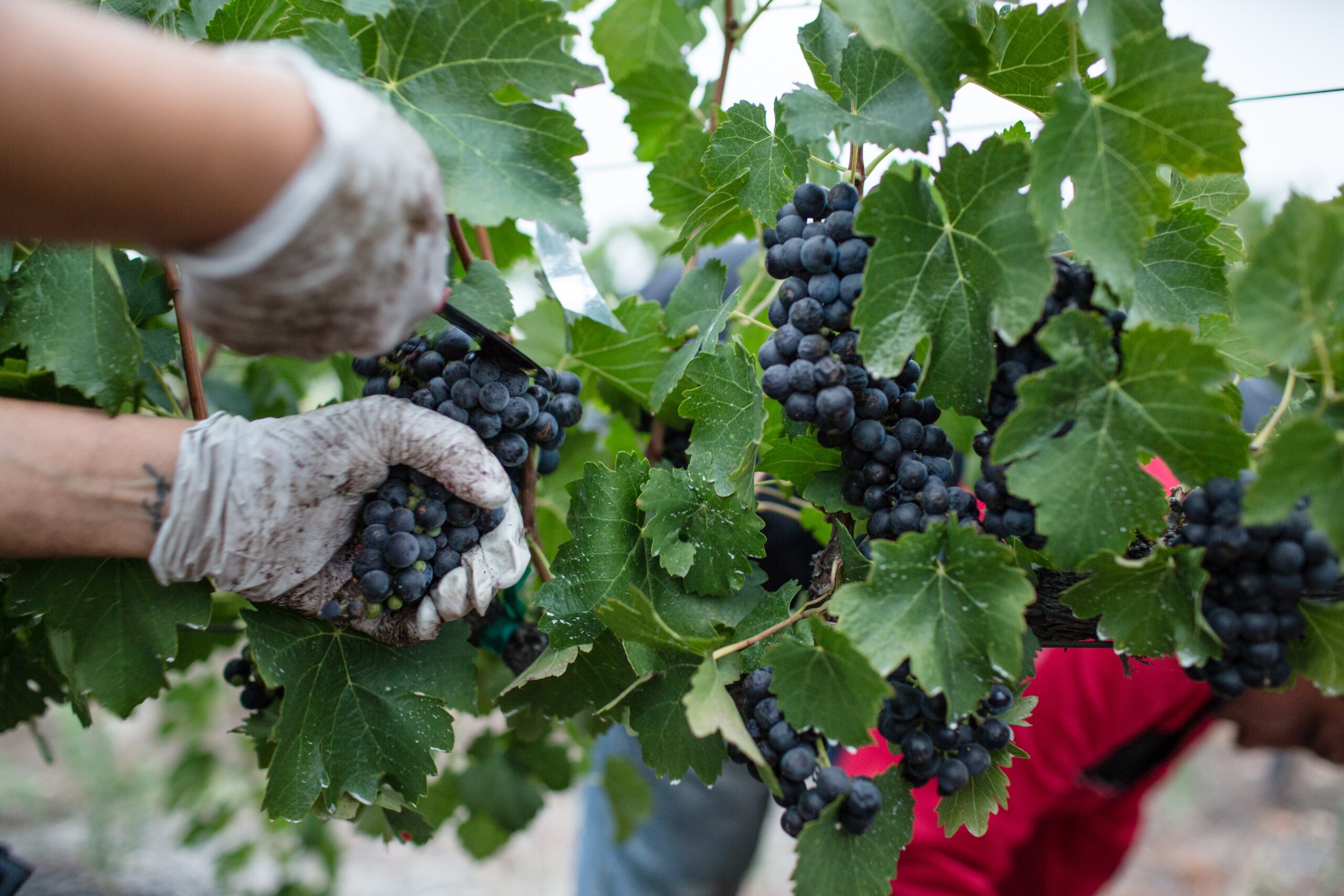Conservation initiatives carried out by informed, enthusiastic participants can be highly effective in conserving biodiversity, including the biodiversity of insect pollinators. It is important to understand how the public perceives insect pollinators, as it may have implications for the success of conservation initiatives and the initiation of protective policies. We used Ireland as a case study to determine how insect pollinators, pollination services, and pollinator decline are currently perceived by the public in an effort to understand the links between public knowledge and perceptions of pollinators, the implementation of insect pollinator conservation actions, and engagement with existing conservation initiatives. We designed a survey that was available to the Irish public for three months, distributed primarily through social media, and was taken by 613 participants. Findings indicate that people are aware of insect pollinator decline and of the main causes and are willing to participate in pollinator conservation, but that there are still some key gaps in the overall understanding of pollinators, their role, and their ecology. Most participants were able to identify charismatic pollinators, such as bumblebees and honeybees, and were aware of their importance to the pollination of crops and wildflowers. Fewer participants were able to identify other common pollinators, such as flies and solitary bees, and many were not aware of the importance of non-bee pollinators to pollination. While engagement with Ireland’s national pollinator conservation initiative was linked with increased knowledge of Irish pollinators, less than 50 % of participants, particularly urban dwellers and those without post-secondary education had heard of the initiative. To ensure a more inclusive approach to insect pollinator conservation, we recommend that future engagement measures highlight the importance of underrepresented non-bee insects to pollination services and target certain demographic groups that are currently not as actively engaged in pollinator conservation as others.













































































































































































































































































































































































































































































































































































































































































































































































































































































































































































































